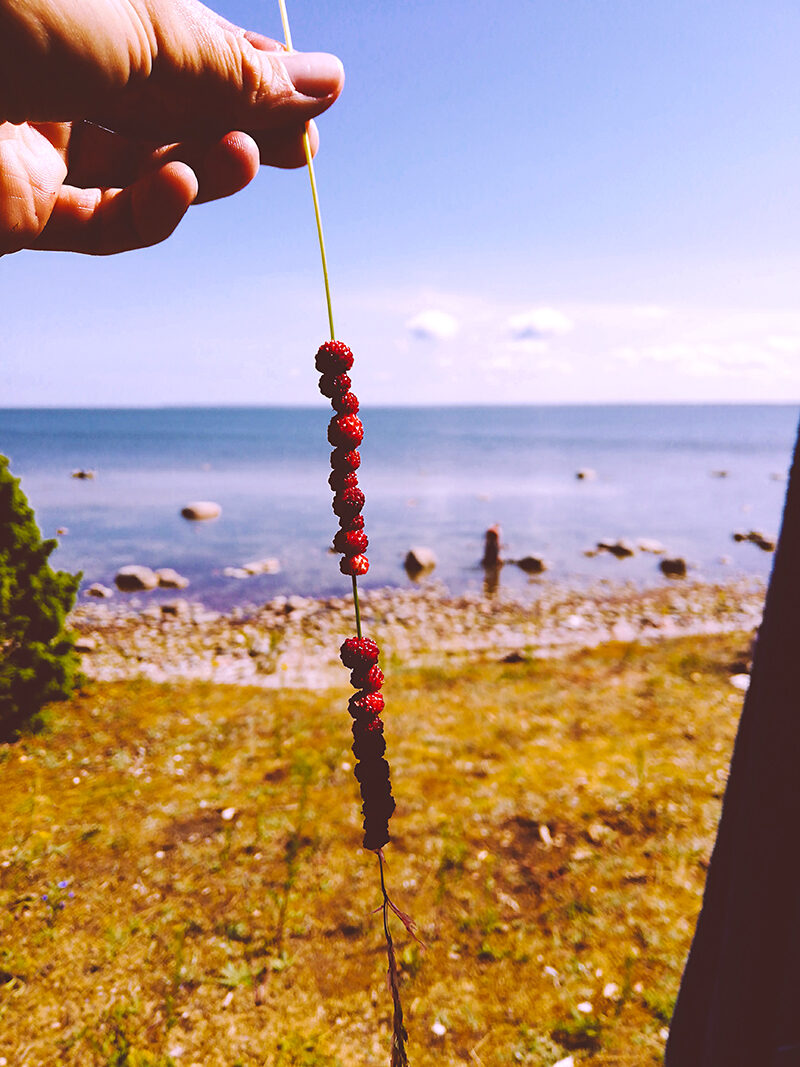Nahahooldus
MOSQUITO SEASON + RECIPE
Reading the back label of the mainstream mosquito repellents on stores, we can find that they include a lot of synthetic compounds. These are not exactly harmless to our health, especially for children.
Mosquito repellents containing diethyl toluamide (DEET) are very effective but what do we really know about the potent chemical?
So, what is DEET?
DEET interferes with neurons and receptors located on the mosquito’s antennae and mouth-parts that detect chemicals such as lactic acid and carbon dioxide.
Some researchers have found that it also has negative health effects on humans causing rashes, skin irritation, numb or burning lips, nausea, headaches, dizziness and difficulty concentrating.
Duke University pharmacologist Mohamed Abou-Donia, in studies on rats, found that frequent and prolonged DEET exposure led to diffuse brain cell death and behavioral changes, and concluded that humans should stay away from products containing it.
DEET is well absorbed through the skin and via the digestive tract, when you accidentally happen to swallow it. It is also spoken that mosquito repellents are just as dangerous to children and pets than mosquitoes themselves!

What to do?
Mosquitoes are attracted to certain odours such as sweat, fruit and floral scents. The annoying bugs are more active in humid environments such as forest, lakeside, seaside, in the evening.
The best way to deter mosquitoes is to use a strong enough scent to mask the odour of human body. Luckily a number of new concentrations of botanical repellents have hit the market. The oldest and most well known repellent is lemongrass. Lemongrass is a natural substance that helps to keep mosquitoes and other annoying insects at bay. Some other good choices, according to the nonprofit National Coalition against the Misuse of Pesticides, include products containing geraniol, citronella , herbal extracts or essential oils. The group also gives high marks to oil of lemon eucalyptus.
The only con is that the natural products must be applied more frequently. The pros, however are surprisingly positive – inhalation of essential oils has aromatherapeutic effects!
Keep in mind that natural does not always mean safe. Some people and especially young children can be sensitive to certain essential oils. It is better to discontinue the use immediately if there is any allergic reactions. Carefully read the label and always keep essential oils and products made of them out of the reach of children and pets!
DIY MOZZIE SPRAY – BUG OFF!
1ml blend of essential oils – lemongrass, rosemary, basil
50ml pure water or base oil
1. When making a water based spray, mix essential oil and water, and seal tight in a spray bottle. Shake it well before each use (because oil and water does not mix naturally), and use it sparingly as often as needed.
2. When making oil based spray, mix essential oil and base oil. Use it on uncovered skin, don’t spray it on your clothes!
And if mosquitos still bother you, keep resque balm handy! Relieve itch and swelling from mosquito bites or rashes with NAUDE MULTI BALM.
It is made of botanical oils and herbal extracts that have natural anti-inflammatory and analgesic properties. Arnica, calendula, comfrey, andiroba, and a variety of essential oils have long been used by many ancient cultures for their powers and natural abilities to help combat inflammation and infections.
Keep it handy for any little crises – achy muscles, bruises, sore throat, stuffy nose, mosquito bites.. you name it!
MULTI BALM is a vital part of any travel sack, gym bag, first-aid kit, and camping trip.
Used sources:
https://off.com/en/education/active-ingredients/7-myths-and-facts-about-deet
https://www.scientificamerican.com/article/is-it-true-that-the-deet/
